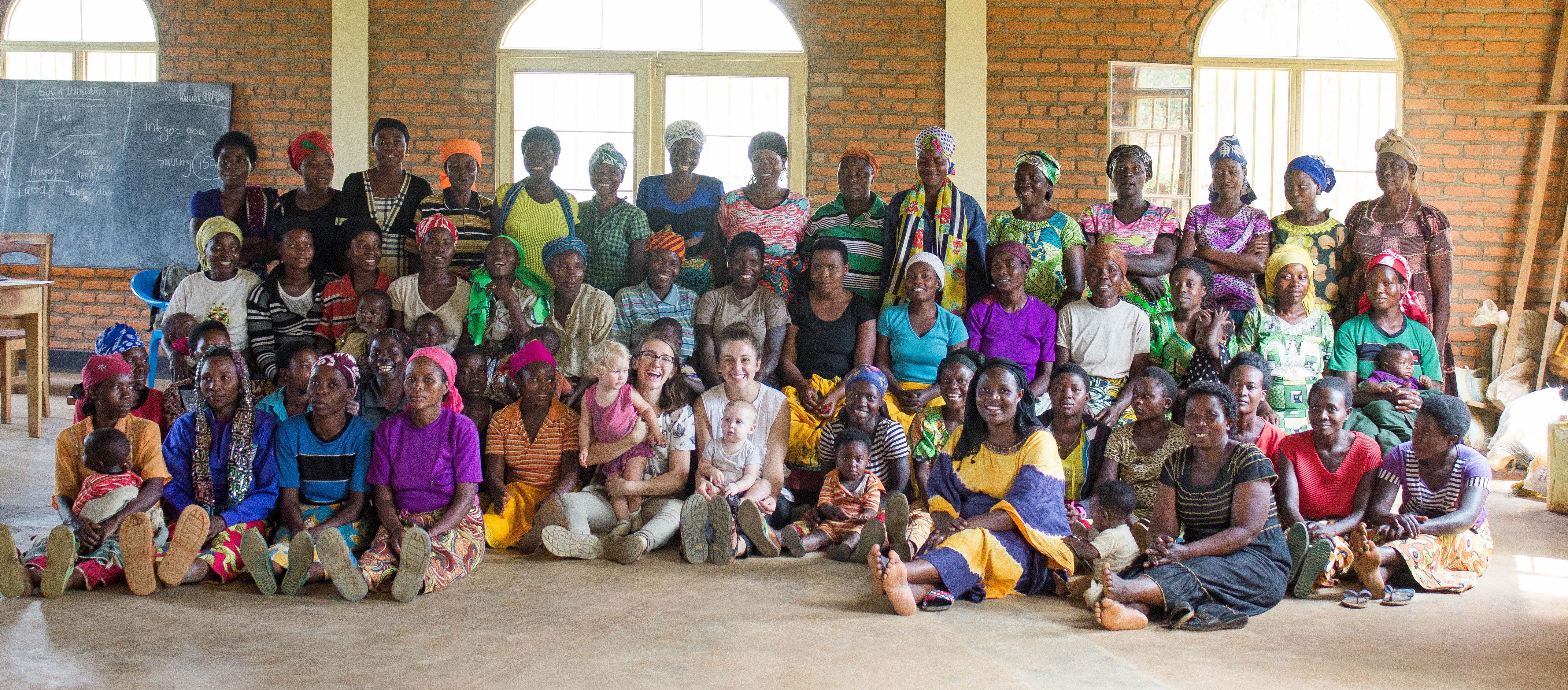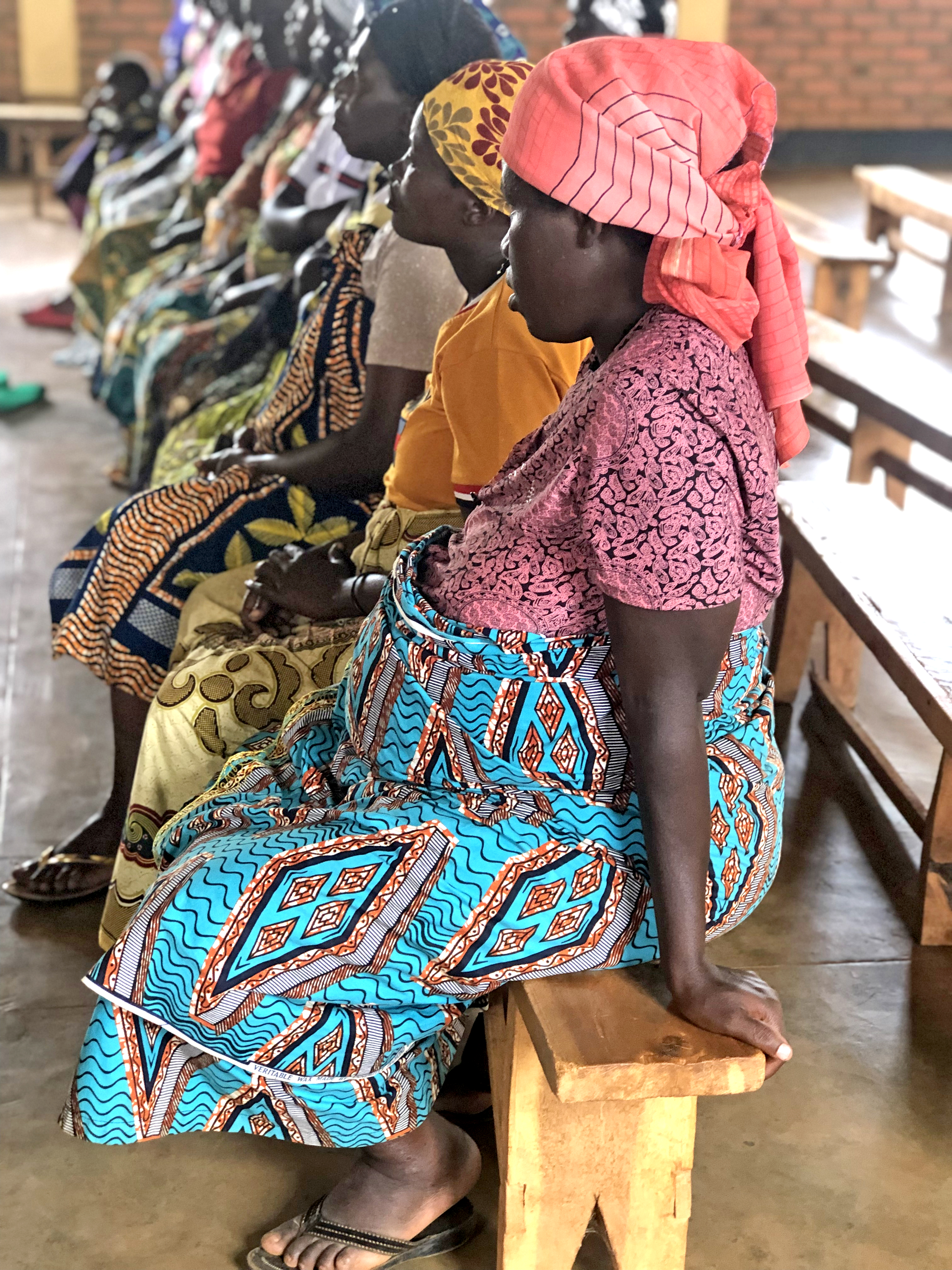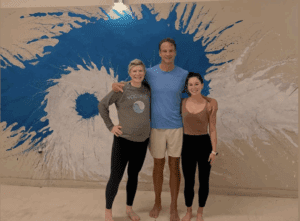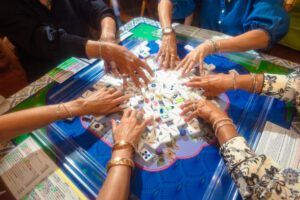
Giving back: Hands Producing Hope’s Maternal Health Education Program
On the surface, it’s easy to see the differences that separate the women of Baton Rouge from those across the world in the small central African country of Rwanda—from clothing to language to hobbies. However, according to Hands Producing Hope founder Rebecca Gardner, these dissimilarities prove insignificant in the grand scheme. For her, the similarities between the two groups run much deeper and speak to shared ambitions, passions and joys.
“These women want the same things as us,” she says. “They want a good life and they want to see their kids do well.”
Since launching Hands Producing Hope’s dignified work and education programs in Rwanda starting in 2012, Gardner has continued to seek out opportunities to address the problems of the region in the most holistic way possible, starting with the women of the community.

“There is such a disproportionate amount of weight put on women,” Gardner explains, noting that Rwandan women are expected to find work—which often requires them to travel long distances—as well as take on almost the entire responsibility of the children. “It’s easy for women to get stuck in unhealthy situations due to their lack of access to resources. Our goal is to empower these women and give them what they need.”
On one of her last trips to Rwanda, Gardner was made aware of a glaring need: prenatal education and care. Since she was pregnant with her third child, the issue hit home for Gardner. In Rwanda, she observed women who were confused and scared, often not even making contact with doctors or nurses until they were in labor or complications had become too severe to save their babies. For Gardner, these realities—and their preventable nature—were too much to ignore.
“I felt an urgency with the Maternal Health Education Program,” she says, explaining that, for these women, finding answers isn’t as easy as a quick Google search. “The idea of these moms and babies not having access to this life-saving information was devastating. I thought, ‘Can we start tomorrow?’”
Teaming up with a midwife from the Netherlands, as well as nurses from clinics in the area, over the last year Hands Producing Hope has offered classes focused on everything from family planning to infant nutrition to the importance of prenatal clinic visits. In addition, the classes offer opportunities for women to share their questions, stories and fears with one another, establishing valuable connections between mothers and medical professionals.
“These women care about their babies,” Gardner notes. “We want to encourage them that there are things they can do. They don’t have to be victims of their situation, where infant death is common. They can become advocates and create real, generational change.”
This year, Hands Producing Hope is looking to expand the Maternal Health Education Program to reach even more mothers, eventually hoping to cater to women in other rural regions of the country. To sustain this development, the organization is inviting people in Baton Rouge and beyond to donate online to provide individual mothers with access to the classes, while also encouraging businesses and other nonprofits to take an interest in the program.
“It’s not just in Rwanda, though,” she notes. “It’s sad how few women know what is going on with their bodies, even here. There is a fear surrounding birth that overshadows how amazing it is. I want to change that.”











